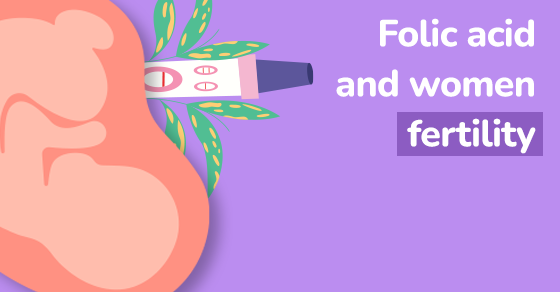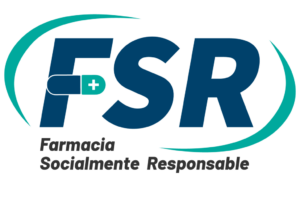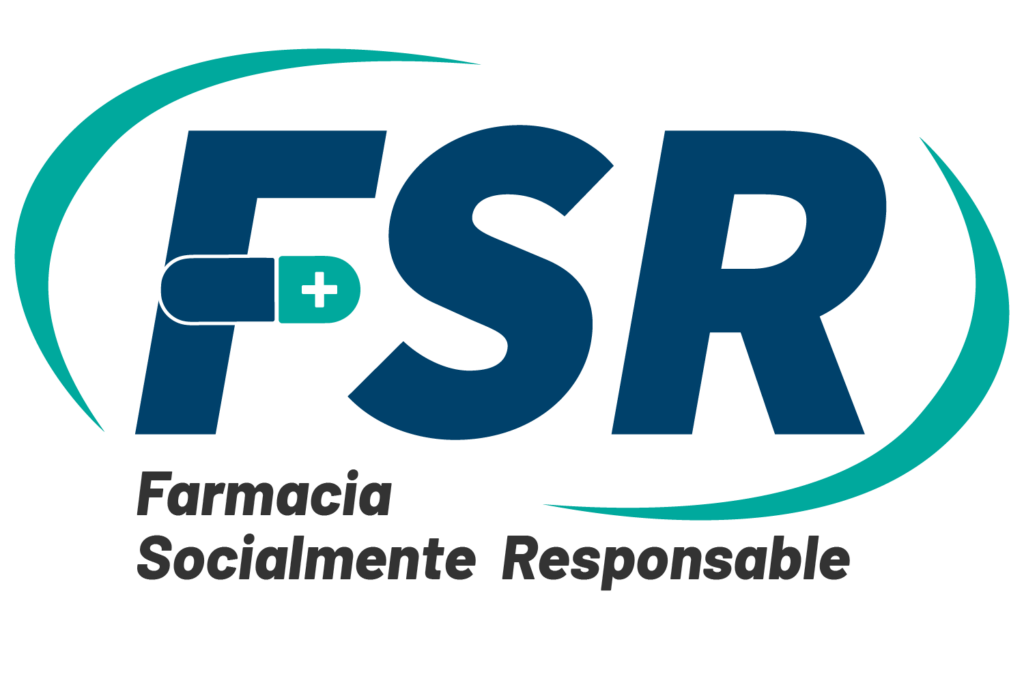Folate is a B-vitamin that is naturally present in many foods. Our body needs folate to produce most of our genetic material (desoxyribonucleic acid -DNA-). Folate is also necessary for our cells to divide, and it is for these functions that folate is very important when it comes to reproduction. A form of folate, called folic acid, is used in to fortified foods and dietary supplements.
Since the 1990s, health authorities worldwide have recommended that all women of childbearing age take a daily supplement containing 0.4 to 0.8 mg of folic acid to prevent neural tube defects.
Recent studies have suggested a lower risk of miscarriage among women who use folic acid before or during early pregnancy, particularly at intake levels well above those recommended for the prevention of neural tube defects.
Folic acid, fecundity, and ovulatory infertility
The association between folic supplementation and infertility have also been examined in some studies, which in general suggested a protective effect. Specifically, multivitamin users had approximately one-third lower risk of developing ovulatory infertility compared to nonusers, and folic acid appeared to explain most of this association. Similarly, folate intake was related to a lower frequency of sporadic anovulation (lack of ovulation) in young healthy women.
It is important to mention, that among sub-fertile women generally a favorable effect of folate supplementation on artificial reproductive technologies (ART) outcomes.
Folate sources
Folate is naturally present in many foods, and folic acid is added to some foods. You can get recommended amounts by eating a variety of foods, including the following.
Folate is naturally present in:
Beef liver, vegetables (especially asparagus, brussels sprouts, and dark green leafy vegetables such as spinach and mustard greens), fruits and fruit juices (especially oranges and orange juice), nuts, beans, and peas (such as peanuts, black-eyed peas, and kidney beans)
Folic acid is added to the following foods:
Enriched bread, flour, cornmeal, pasta, and rice, fortified breakfast cereals, fortified corn masa flour (used to make corn tortillas and tamales, for example).
To find out whether a food has added folic acid, look for “folic acid” on its Nutrition Facts label.
Folate dietary supplements
Folate is available in multivitamin/multimineral supplements such as Ferti-L ella (sold exclusively by Fertifarma), in multivitamins and prenatal vitamins, in B-complex dietary supplements, and in supplements that contain only folate.
Some women may have low levels of folate, and not get adequate amounts of it through their diet, if so, a supplement like Ferti-L ella can help increase your levels and improve the chances of conceiving and bringing the pregnancy to a happy term.
Related articles
The importance of consuming Folate and Folic Acid in reproductive age and pregnant woman




